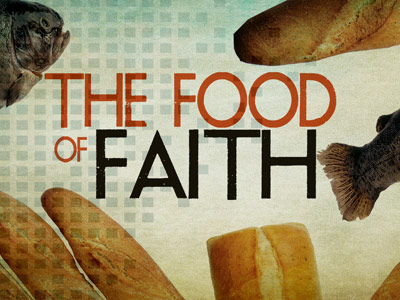-
The Other Pearl Harbor Story
Contributed by Roger Thomas on Nov 28, 2017 (message contributor)
Summary: The true story of a Japanese pilot who led the Pearl Harbor attach who became a story of amazing grace through Christ.
The Other Pearl Harbor Story:A Tale of Amazing Grace
1 Timothy 1:15-17
Dr. Roger W. Thomas, Preaching Minister
First Christian Church, Vandalia, MO
God is faithful and good! His ways are mysterious and beyond prediction—but always amazingly gracious. A true story from history illustrates.
First the context: Rose and I saw the new Disney summer blockbuster movie “Pearl Harbor” the other night. It is receiving mixed reviews. My reaction is also mixed. It is probably worth seeing. While I am no movie critic (we actually see very few movies in a year), I would offer these comments for those interested in seeing it. 1) It is long, too long. It is at least three hours long. 2) The bombing scenes are long and graphically violent and bloody. Don’t let anyone tell you they are not. 3) The real problem with the movie, it seems to me, is that they couldn’t figure out what story to tell and when to stop. It is actually a love story involving two army pilots and a navy nurse. My advice and a nickel will get you a cup of coffee at the Vandalia Drug Store—but I think it could have been a much better movie if it had been shortened and limited to a narrower story line.
What I want to share with you, however, is an even more gripping real life story behind the scene of the events of December 7, 1941. I came across this in a recent report from Christian History magazine by Elisha Coffman entitled Beyond Pearl Harbor: How God caught up with the man who led Japan’s surprise attack.
Coffman retells the story of Mitsuo Fuchida. Fuchida grew up loving his native Japan and hating the United States, which treated Asian immigrants harshly in the first half of the twentieth century. Fuchida attended a military academy, joined Japan’s Naval Air Force, and by 1941, with 10,000 flying hours behind him, had established himself as the nation’s top pilot. When Japanese military leaders needed someone to command a surprise attack on Pearl Harbor, they chose Fuchida. [Here, you can cut to the movie--it renders the attack pretty faithfully.]
Fuchida’s was the voice that sent his aircraft carrier the message "Tora! Tora! Tora!" (Tiger! Tiger! Tiger!) indicating the success of the surprise mission. Later, he too was surprised when he learned that, of the 70 officers who participated in the raid, he was the only one who returned alive. He had another close call when he was shot down during the battle of Midway in 1942, but despite serious injuries, he survived again.
By 1945 he had attained the position of the Imperial Navy’s Air Operations Officer. On August 6 he was eating breakfast in Nara, Japan, where a new military headquarters was under construction, when he heard about a bomb dropped on Hiroshima. He flew to investigate, then sent a grim report to the Imperial Command.
On the same day, an American POW named Jacob DeShazer felt moved by the Holy Spirit to pray for peace. DeShazer had been in captivity since 1942, when, as a member of Doolittle’s Raiders, he dropped bombs near Tokyo and then was forced to parachute into a Japanese-controlled part of China. While imprisoned, first in Nanjing and later in Beijing, DeShazer had become a Christian. He found his heart softened toward his Japanese captors. After being liberated, DeShazer wrote a widely distributed essay, "I Was a Prisoner of the Japanese," detailing his experiences of capture, conversion, and forgiveness.
Fuchida and DeShazer met in 1950. DeShazer had returned to Japan in 1948 as a missionary. Fuchida had read DeShazer’s testimony, bought a Bible, and converted from Buddhism to Christianity. DeShazer had recently finished a 40-day fast for revival in Japan when Fuchida came to his home and introduced himself. DeShazer welcomed the new convert and encouraged him to be baptized. While DeShazer continued to plant churches throughout Japan, Fuchida became an evangelist, spreading a message of peace and forgiveness in his native country and throughout Asian-American communities.
Fuchida died 25 years ago, on May 30, 1976. Like dynamite inventor Alfred Nobel, who wished his legacy to be one of peace rather than destruction, Fuchida wanted the message of his changed heart to supersede the memory of his infamous attack. He wrote, "That morning [December 7] ... I lifted the curtain of warfare by dispatching that cursed order, and I put my whole effort into the war that followed. ... [But] after buying and reading the Bible, my mind was strongly impressed and captivated. I think I can say today without hesitation that God’s grace has been set upon me." [End of the Coffman report]
This real life testimony reminds us of three important lessons worth remembering:
1. We serve a powerful and faithful God who is capable of overcoming doubt and darkness, changing living, and saving even the least likely individuals. Don’t you ever think someone you know is so bad, so far removed from the faith, or so resistant that the Sovereign God of the universe can’t get to him. He can!

 Sermon Central
Sermon Central



